Sitcom Writers Talk Shop
Sitcom Writers Talk Shop
Behind the Scenes with Carl Reiner, Norman Lear, and Other Geniuses of TV Comedy
Paula Finn
Forewords by Ed Asner and Carol Kane
Rowman & Littlefield
Lanham Boulder New York London
Published by Rowman & Littlefield
An imprint of The Rowman & Littlefield Publishing Group, Inc.
4501 Forbes Boulevard, Suite 200, Lanham, Maryland 20706
www.rowman.com
Unit A, Whitacre Mews, 26-34 Stannary Street, London SE11 4AB
Copyright 2018 by The Rowman & Littlefield Publishing Group, Inc.
All rights reserved . No part of this book may be reproduced in any form or by any electronic or mechanical means, including information storage and retrieval systems, without written permission from the publisher, except by a reviewer who may quote passages in a review.
British Library Cataloguing in Publication Information Available
Library of Congress Cataloging-in-Publication Data Available
ISBN 9781538109199 (electronic) | ISBN 9781538109182 (cloth : alk. paper)
 The paper used in this publication meets the minimum requirements of American National Standard for Information SciencesPermanence of Paper for Printed Library Materials, ANSI/NISO Z39.48-1992.
The paper used in this publication meets the minimum requirements of American National Standard for Information SciencesPermanence of Paper for Printed Library Materials, ANSI/NISO Z39.48-1992.
Printed in the United States of America
To the memory of my father, Herb Finn.
Whether through genetics or osmosis,
his gift of humor shaped me as a writer and a person
and has made the hard times easier
and the good times even better.
Foreword
Ed Asner
W hen we started The Mary Tyler Moore Show , little did we imagine that almost fifty years later, people would still be enjoying our efforts. Today, classic TV comedy is huge. And who better to discuss it than the writers of its most popular shows. Their own stories are even funnier and more entertaining than their most brilliantly written scripts.
Ive played my share of dramatic roles, and I can appreciate how essential comedy is to even the most tragic stories and characters. Everything has comedy in it; in comedy lies truth. A shared laugh is powerful beyond words. It connects actor to audience, viewers to each other.
I have the utmost admiration for TV comedy writers. The job takes guts, grit, gumption. One might even say it takes spunk. This book provides an inside look at the lives and work of these brave souls. They discuss backstories of their shows, their creative processes, and coping with personal demons and fears.
This isnt a how-to book per se, but aspiring and established writers cant help but benefit from the gems of wisdom and advice it imparts. And, theres no shortage of laugh-out-loud anecdotes.
Its a veritable fun fest for comedy buffs and anyone fascinated with the creative mind or with the business of writing funny. As a researcher by profession and the daughter of Honeymooners writer Herb Finn, Paula Finn has done an exceptional job of assembling a comprehensive picture of what really goes on behind the scenes of our most beloved classic comedy shows.
Foreword
Carol Kane
I was so lucky to land in the world of Taxi when I was twenty-eight years old. It was 1980, and at that time, actors who came from theater and film largely did not do television series, and if they did, it was frowned upon. So I had nothing but disdain for everything to do with television. But I had seen an episode of Taxi that Jack Gilford was in, and it was brilliant, so I thought, if he could do one, then I could do one. I was asked to be a guest star playing Simka, a mountain woman who came from the same country as Andy Kaufmans character Latka. Maybe one of the reasons they asked me was because of my role in the 1975 movie Hester Street , in which I spoke Yiddish, perhaps making me somewhat eligible to learn Latkas language.
I knew nothing about how television worked. I thought the producers of the show meant the sponsors of the show, and I therefore assumed that the producers of Taxi worked for a cereal company, like Nabisco! I certainly did not understand that the producers were actually the creators and head writers of the show.
Taxi was only the second comedy Id ever done. The first time I did it, Id had no interest in pleasing anybody or being funny for anyone. I just wanted to be pure in terms of my work as an actorto play my part honestly, to do the same kind of work I always tried to do on any other movie or theater production. But when I came back to Taxi the second time, I wanted desperately to fulfill the writers expectations, and I tried so hard to be funny. And trying to be funny was the complete opposite of what Id done the first time.
As part of the rehearsals on Taxi , we had a tradition called cast to the rail. We would do a scene in rehearsal, and then the stage manager would say, Cast to the railand the cast would run up to where the writers were sitting in the bleachers in front of the stage, our heads craning upward. The audience sat in those bleachers the night we shot, but in the run-throughs, only the writers were there, in the first row. After every scene, we would go to the rail, and the writers would give us notes. And when I first heard about this, I thought it was just horrific; its so condescending. I couldnt understand it, and I was offended by it. But as soon as I came to understand how the creative process of the show worked between the writers and the actors (and in the case of Taxi , we also had the genius of our director, Jimmy Burrows)when theyd announce, Cast to the railId be the first one to run up to that rail! Because when I did, I would have incredibly rich notes given to me by Jim Brooks or Stan Daniels or Ed. Weinberger or Ken Estin or Sam Simon or Jerry Belson. And so for me, cast to the rail turned from being this horrible, offensive notion to oh thank goodness; if I get there first, maybe Ill get the most notes! The notes were so nourishing and helpful.
My most significant and intense cast to the rail experience was on my second episode. After the run-through, I went up to the railand Jim Brooks basically took me apart! He said, This is not it. You are not to try to be funny. If we have written it funny, it will be funny. And if we have not, we dont want you to try and make something out of it thats not there. Its not your job to try to be funny. If its not funny, we will fix it. And then, indeed, they would go into the writers room until all hours of the night, order Mexican food from Lucys El Adobe Cafand fix it.
And that was such a huge revelation for me: I just had to play my part honestly with commitment, and the results would be what they were. If Im working with good writers and they wrote it funny, itll be funny. If I go out there and say the line in a pure and truthful way and its not funnythat means the writers have to fix it. Or, as in some of the richest episodes of Taxi not all moments are supposed to be funny because the writers are also trying to tell a three-dimensional story! Some episodes of Taxi ended sadly, like in real life. You cannot imagine the gift it was to learn not to force and push too hard because, when you are doing comedy, you get addicted to the laughand unfortunately, will do anything to get one.
That lesson from Jim has stayed with me all my life. I have to revisit it a lot. Once I understood what he was saying, everything changed. And I was fortunate enough to become a regular on the show.
I feel that Ive gotten to work with some of the best television writers. I remember when they wrote the Taxi episode where I got to say, Peel me like a grape so I can get out of here! to Judds character. I was driving onto the Paramount lot for shoot day, and I distinctly remember thinking, Oh my God, they dont understand that I would pay them any amount of money in the world to be lucky enough to get to say that line in that situation!
Next page
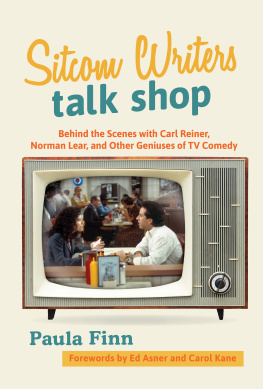

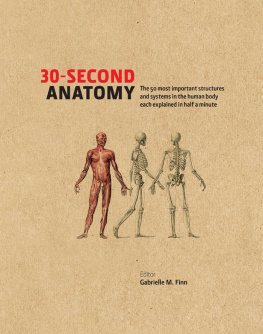

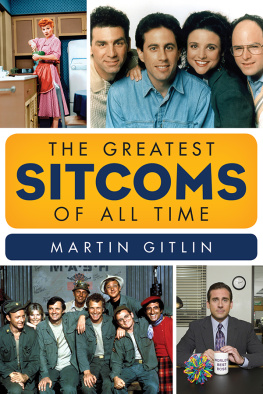
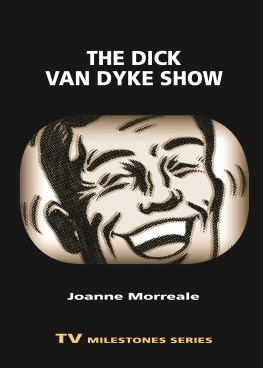
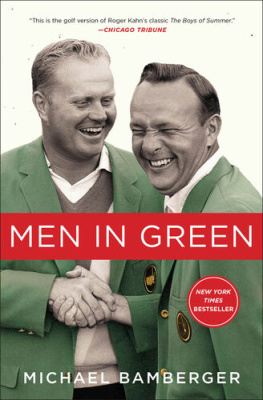
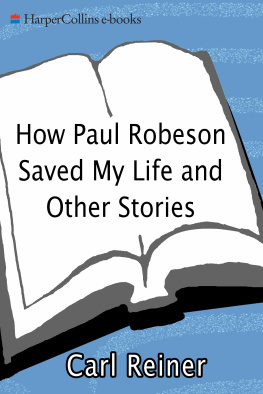
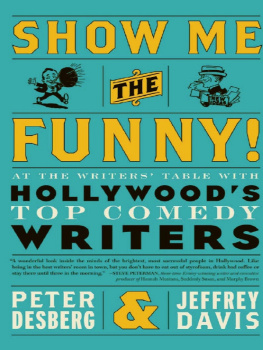
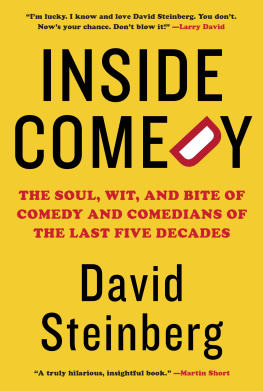
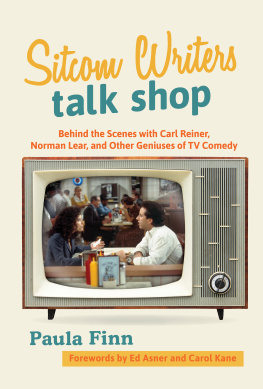
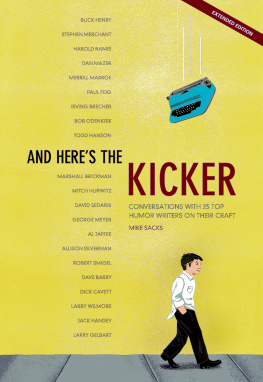
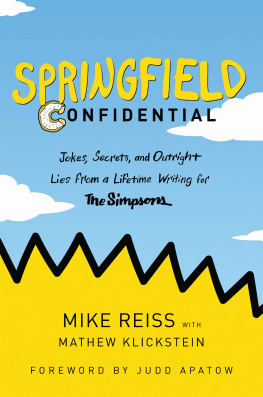
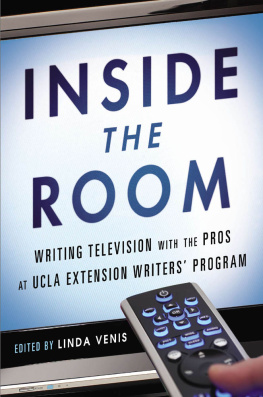
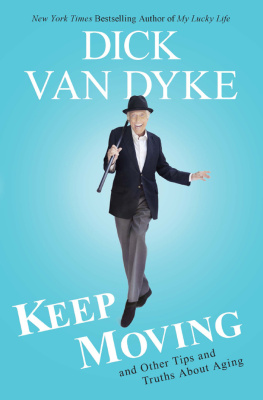
 The paper used in this publication meets the minimum requirements of American National Standard for Information SciencesPermanence of Paper for Printed Library Materials, ANSI/NISO Z39.48-1992.
The paper used in this publication meets the minimum requirements of American National Standard for Information SciencesPermanence of Paper for Printed Library Materials, ANSI/NISO Z39.48-1992.